We know that endocrine disruptors are harmful , and yet... it is difficult to avoid them on a daily basis. Here is advice from Marion Baudet , nutritherapist, specialized in women's health and hormonal issues.
Hello Marion! You have been studying endocrine disruptors for several years. To help us better understand them, let's start at the beginning: can you explain to us what a hormone is?
A hormone is a chemical messenger that is produced by glands in our body such as the ovaries, the thyroid, or the adrenal glands. This messenger is sent to one or more of our organs, and **acts on their behavior.**For example: cortisol, which is the stress hormone, is secreted by the adrenal glands to help our body to react in emergency situations. This messenger will disperse throughout our body and generate (among other things) an influx of sugar in the blood, which will be converted into energy and directed to the muscles of our legs so that we can flee more quickly from danger.
Among the known hormones, we also include estrogen, insulin, progesterone… and many others!
What are the natural factors that normally influence our hormones?

Hormonal mechanisms are sensitive to variations in our daily lives : changes in the pace of life, lack of sleep, physical exercise... and of course, diet. That's my specialty: as a nutrition therapist, I help everyone, and particularly women, to take care of their hormones and therefore their body through food.
In women, the menstrual cycle in particular induces variations in hormones and triggers specific needs, which can be met through diet. During our periods, for example, the body is engaged in an intense process to eliminate the endometrium. It may be interesting to eat foods rich in iron, to compensate for the iron you lose at that time.
Endocrine disruptors also act on our hormones. Can you explain to us how?
An endocrine disruptor is a substance that is not naturally present in our body , and which is very similar to our hormones. We absorb it through food, through the air we breathe, through the products we use every day... The danger is precisely that our body can make mistakes: endocrine disruptors come graft onto the hormonal receptors of our cells in place of our natural chemical messengers, and “ scramble the communication ” between our organs. In fact, they directly impact the production of our natural hormones, by interfering with their synthesis mechanism.
What are their consequences on our health?
Under the action of endocrine disruptors, our receptor cells, and therefore our organs, begin to behave in an abnormal way. This can involve many very diverse health problems, from the mildest such as general fatigue, to the most serious such as cancer or endometriosis. This disease now affects 10% of women of childbearing age in France and xenoestrogens (endocrine disruptors that imitate our estrogens) are widely suspected of contributing to it.
Moms and future moms, if the issue of endocrine disruptors concerns you, find a complete article here , from our interview with Élisabeth Latour de Mareuil, midwife for over 35 years, homeopath and author of works for the medical profession .
If endocrine disruptors are absorbed in very small doses, is it less dangerous?
Unfortunately no ! As they reproduce the functioning of our natural hormones, which themselves function in very small doses, all it takes is traces of endocrine disruptors to confuse the issue in our body. In fact, you should think of it like an allergy : if you're allergic to peanuts, it only takes one to trigger a violent reaction in your body - no need to swallow the whole packet for problems to arise...
How can we spot them in our daily products?
The worrying thing about endocrine disruptors is that they are everywhere ! These substances, mainly from the agro-chemical industry, are used in the manufacture of many of our products and everyday objects, and they also persist for a long time in the environment when they are released with our waste. And it is very difficult to find reliable information about them. Thus, the European Chemicals Agency (ECHA) reported in 2019 that more than 70% of chemical substances manufactured in Europe presented gaps in testing or information on their possible toxicity!
So, how to do it? First of all, you need to know the main suspects that are generally found in our products, namely: synthetic ingredients such as bisphenols , phthalates , parabens . As soon as we see it on the labels of our products, it should alert us. Then, you have to keep an eye on plastic ! It is not only for the planet that it represents a danger: it is in plastic packaging that we will most often find bisphenol, phthalates ... This is why even if it seems surprising, tap water is a better option than bottled water - even for babies. However, make sure you invest in a good water filter.
Finally, when it comes to food, it is better to favor organic, since the pesticide residues found on our food can also be endocrine disruptors.
What are the good reflexes to adopt to rid your bathroom of endocrine disruptors?
Here again, the solution is to read the labels - which means favoring brands that are transparent about their composition. Here are the main substances to ban:

- sulfates , foaming agents that are often found in our shampoos under the name “sodium lauryl sulfates”
- silicones , also added to our shampoos to artificially coat the hair. On the label, we often find them under names ending in “-methicone” or “-siloxane”
- triclosan , an antibacterial and inveterate squatter in our toothpastes and deodorants
- phthalates , largely banned but which still sometimes exist as fixing agents, notably in perfumes and nail polishes
- additives such as BHA, BHT, and anti-UV filters such as benzophenone.
We know that it is not easy to navigate, so as with food, the ideal is to start with a simple first step: favor natural or organic cosmetic brands - this is also valid for natural perfumes , obviously. The good news is that this often goes hand in hand with products that are more respectful of the planet !
And transparent! This is the meaning of our approach at Bastille. Furthermore, another frequent question: if I buy my beauty products in pharmacies, does this guarantee that I avoid endocrine disruptors?
Unfortunately no. Always check the compositions of your products! You can find interesting brands in pharmacies like Even - which pay close attention to their composition because their products are intended for women with cancer - but this is not the case for all of them: stay vigilant.
Do you have any advice for women who want to stop taking the pill?
The pill is a synthetic imitation of our hormones, which tricks our brain into thinking we have enough sex hormones in our blood so that it blocks their natural production. Result: no ovulation and therefore no natural cycle. In this sense, it is of course an endocrine disruptor , and when we stop it, we must help our body to restart naturally. For example, the pill requires a lot of work from the liver, one of whose functions is to filter the blood to remove used hormones or those present in excessive quantities.
The pill is a lot of work for the liver! When you stop it, the liver is often knocked out, which can contribute to a lot of inconveniences such as post-pill acne. To give it a helping hand, you need to eat enough protein , for example. They must represent 25% of our plate at each meal. They can be animal or vegetable, but be careful: a certain number of amino acids essential to the liver (such as cystine) are found almost only in animal products.
Finally, what are the signs that can alert us to possible hormonal imbalances?
In women, disrupted cycles - heavy periods, particularly long or short, painful, non-existent - but also gynecological diseases such as endometriosis, polycystic ovary syndrome, fibroids, hypo- or hyperthyroidism, problems acne, irritability, crying attacks, chronic fatigue, abnormal hair loss, weight variations... All this should alert us. The list is long, because the body is a very complex mechanism - and we must not forget that the symptoms can go beyond what we generally associate with our hormones: for example, disrupted sleep or difficult waking up can also be a sign of hormonal imbalances. The key is to listen to your body, and not hesitate to ask your general practitioner to investigate if necessary!
Do you have any remaining questions? Do not hesitate to find out more on the Marion Baudet website.
Photos: Marion Baudet, Louise Le Chat, Stephanie Russo








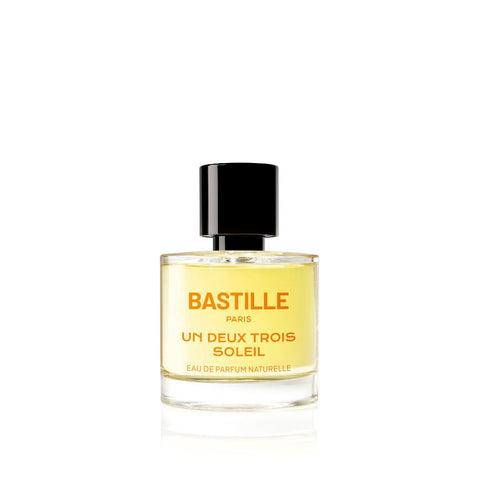
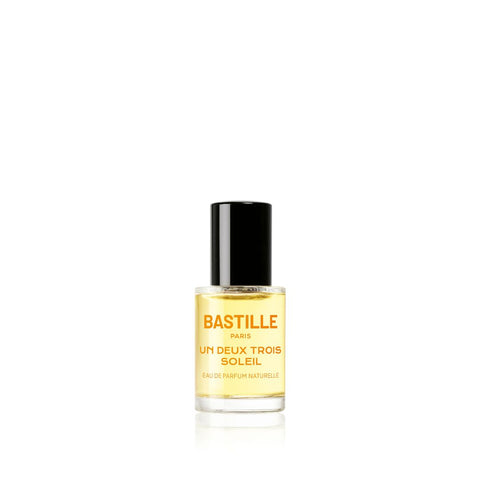

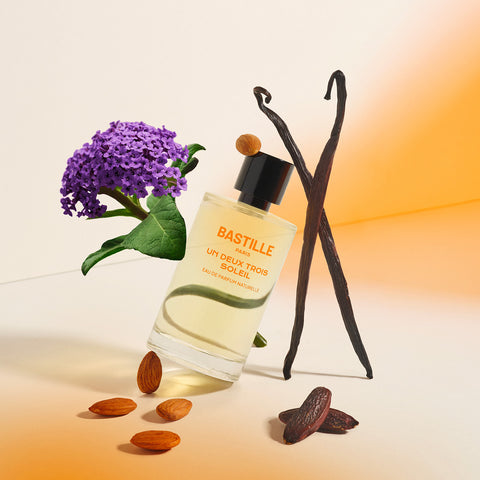
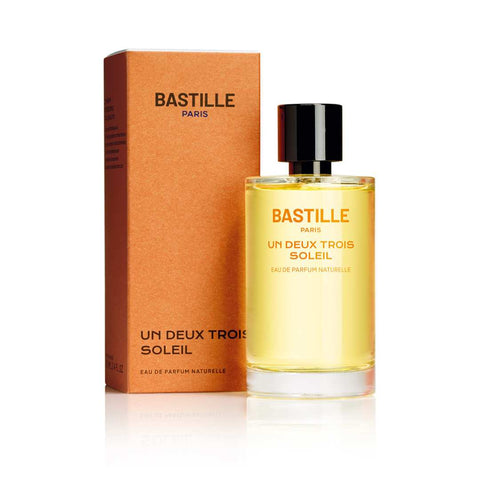
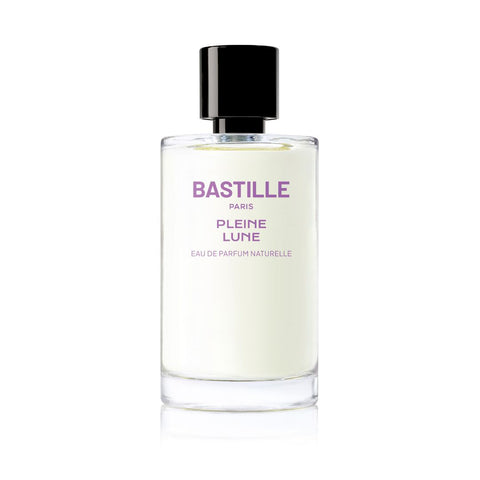
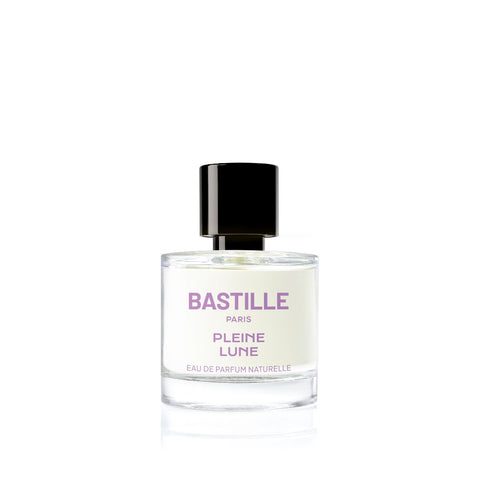
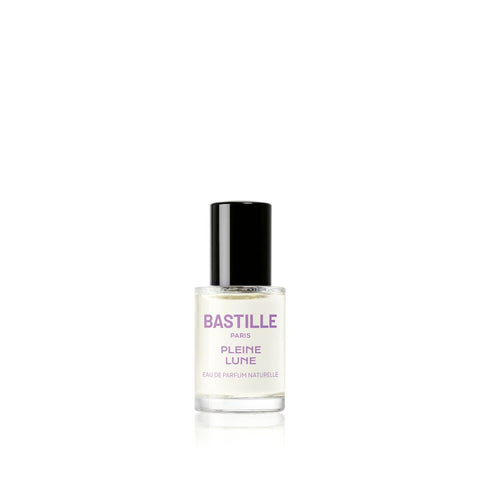
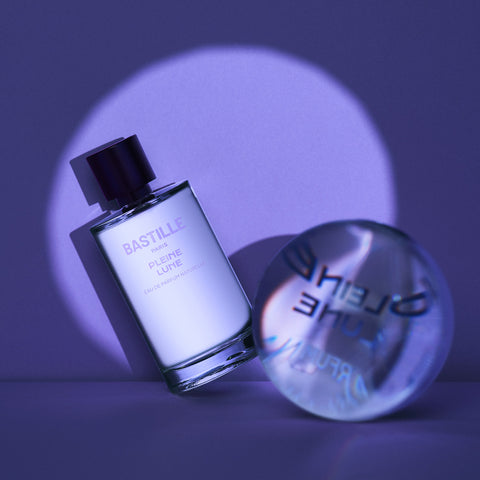
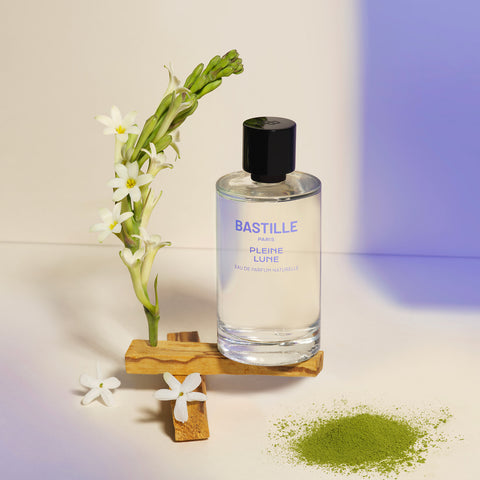
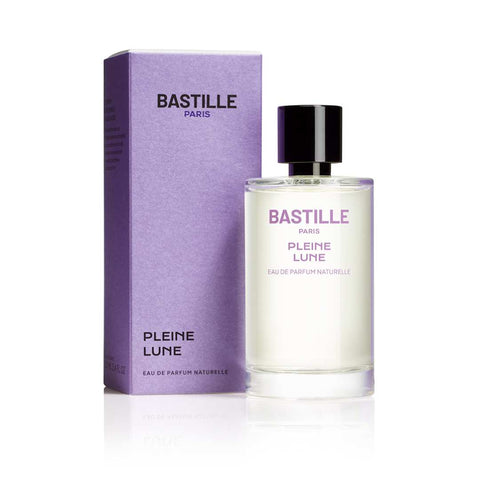
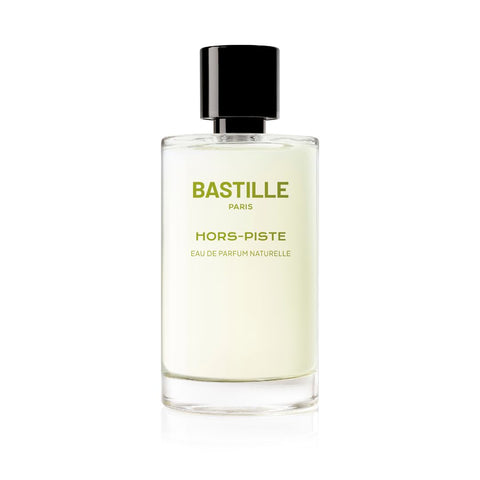
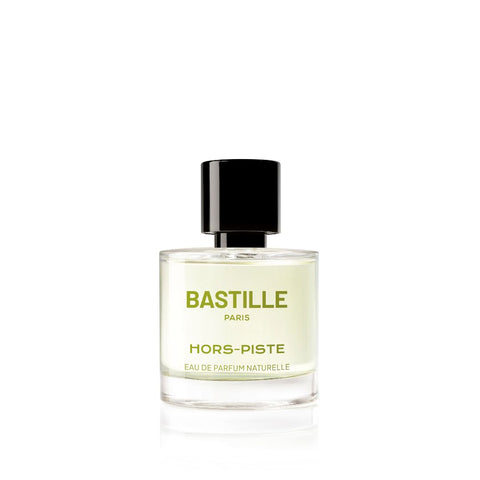
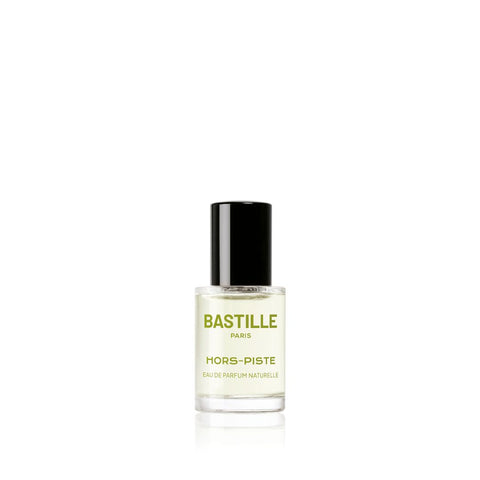
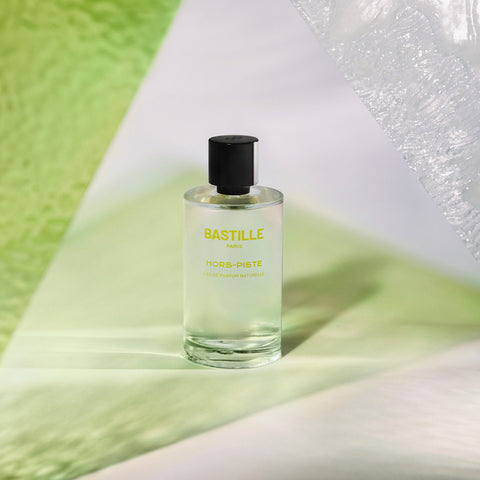
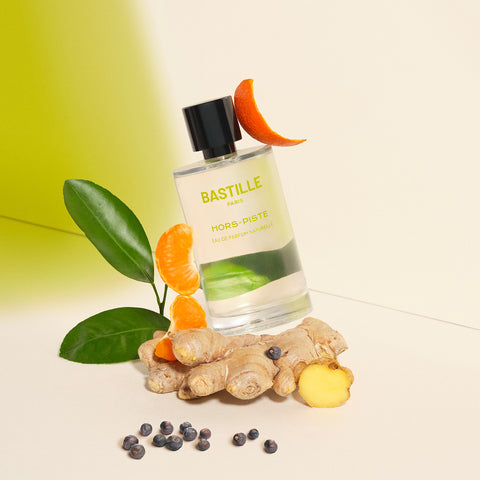
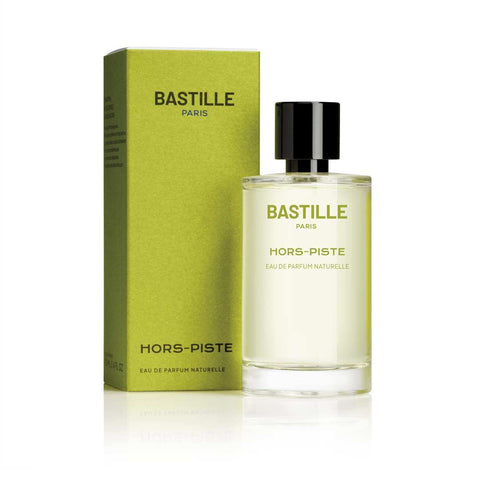

Comments (0)
There are no comments for this article. Be the first one to leave a message!